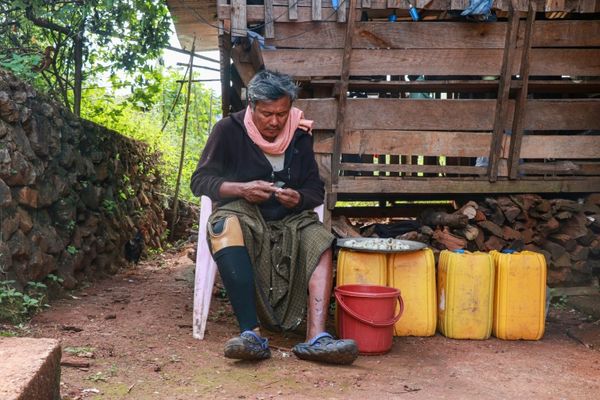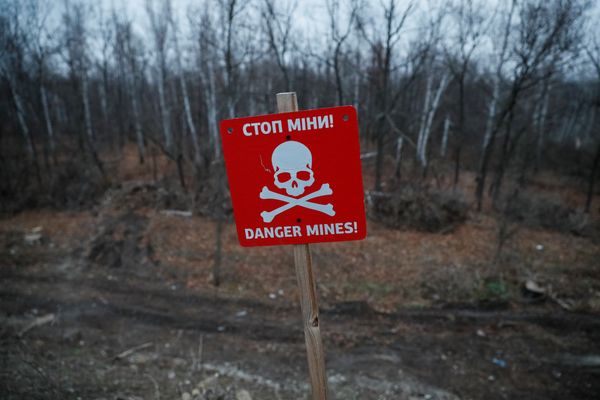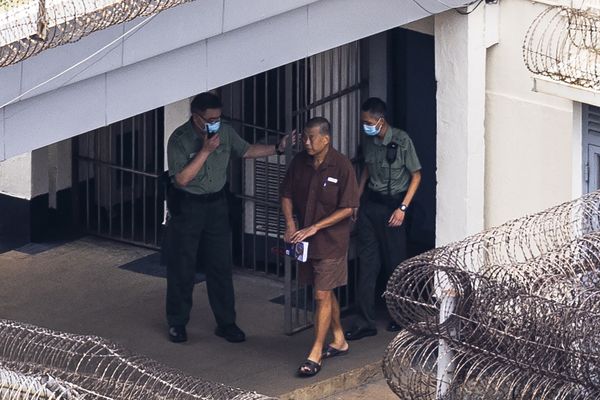Parents have been told to look out for the symptoms of scarlet fever after another reported outbreak of the disease at a school in Greater Manchester.
The 'highly contagious', seasonal bacterial illness usually presents with a sore throat, fever, headaches, and a rosy rash that generally starts on a patient’s chest and mainly affects children. Cases usually peak between December and May.
On Wednesday, March 16, a primary school in Manchester alerted its parents to an outbreak . The letter from Bowker Vale Primary School followed 'a number of confirmed cases' in schools and nurseries across Wigan last week.
READ MORE: Parents urged to watch out for highly contagious scarlet fever amid confirmed cases in Wigan
The letter from Bowker Vale reads: "Dear families, we have been informed that a small number of children at Bowker Vale have been diagnosed with confirmed scarlet fever.
"Although scarlet fever is usually a mild illness, it should be treated with antibiotics to minimise the risk of complications and reduce the spread to others."
The letter then goes on to describe scarlet fever symptoms, adding that if you think you, or your child, has the disease, you should see your GP or contact NHS 111 as soon as possible; make sure that you/your child takes the full course of any antibiotics prescribed by the doctor; and to stay at home, away from nursery, school or work for at least 24 hours after starting the antibiotic treatment, to avoid spreading the infection."
A dad, whose child goes to Bowker Vale Primary School, was left terrified after his little one came home 'with no appetite' on Friday, March 11.
"I always thought it was quite an old, Victorian disease," he said, wishing to remain anonymous.
"My daughter started coughing, wouldn't touch her food, and had to go for a sleep. We struggled to get her back up again. It was really unlike her.
"The next morning, she woke up with a rash all over her stomach and cheeks. We'd never seen anything like it."
Shortly after, both mum and dad then developed similar symptoms, they say. The couple called 111 for help, but only after receiving the letter from Bowker Vale did they realise she likely had scarlet fever.
The worried parents then attended their GP and came away with antibiotics. Now they want young families across Greater Manchester to be aware.
In the wake of the latest Manchester borough outbreak, Dr Merav Kliner, Interim Regional Deputy Director - North West, from the UK Health Security Agency told the Manchester Evening News : “It’s not uncommon to see a rise in cases of scarlet fever at this time of year and we are continuing to monitor rates of infection across the North West. Scarlet fever is highly contagious but not usually serious and is easily treatable with antibiotics to reduce the risk of complications and spread to others.
"It is important to take antibiotics, as instructed by your GP, to minimise the risk of complications. The UKHSA reminds parents to be aware of the symptoms of scarlet fever and to call their GP or NHS 111 for further advice or assessment if they think their child might have it.
“To limit the spread of scarlet fever it is important to practice good hygiene by washing hands with warm water and soap, not sharing drinking glasses or utensils, and covering the nose and mouth when coughing or sneezing.

Following outbreaks in Wigan last week, the Greater Manchester lead director of public health, Professor Kate Ardern, said: "It's really important we do try and break the rate of transmission of scarlet fever.
"It sounds like a very old fashioned disease, which it is, but it's back on the rise again and we do need to try and contain it."
The NHS guidance is:
- The first signs of scarlet fever can be flu-like symptoms, including a high temperature, a sore throat and swollen neck glands (a large lump on the side of your neck)
- A rash appears 12 to 48 hours later. It looks looks like small, raised bumps and starts on the chest and tummy, then spreads. The rash makes your skin feel rough, like sandpaper
- On white skin the rash looks pink or red. It may be harder to see on brown and black skin, but you can still feel it.
- A white coating also appears on the tongue. This peels, leaving the tongue red, swollen and covered in little bumps (called "strawberry tongue")
- The rash does not appear on the face, but the cheeks can look red
- The symptoms are the same for children and adults, although scarlet fever is less common in adults
Bowker Vale Primary School has been contacted for comment.







